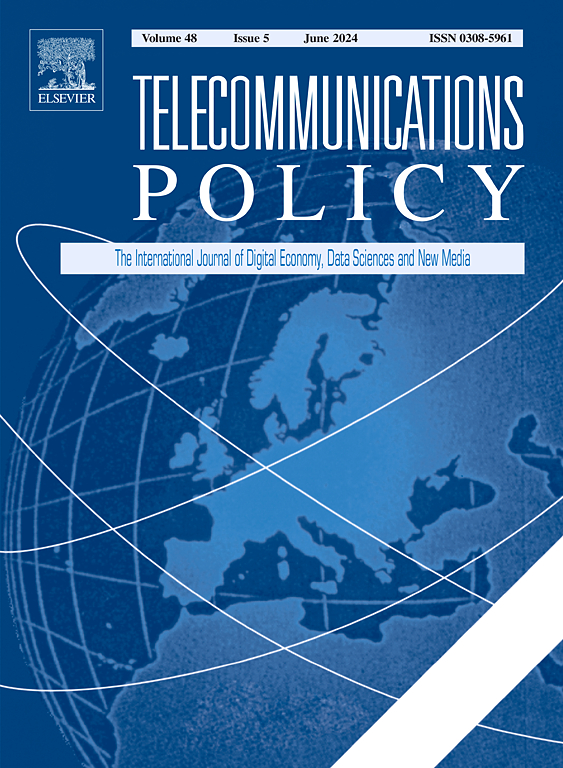Promoting free flows via competition law: An AI industry blueprint for Southeast Asia
IF 6.4
2区 管理学
Q1 COMMUNICATION
引用次数: 0
Abstract
Concerns about multinational technology companies and their antitrust activities are increasing, particularly in the US and the European Union. However, this issue has not been given much attention in the context of ASEAN, despite being the fifth largest economy in the world. In this article, we discuss how a common competition law framework for ASEAN presents multiple benefits for the AI industry, spanning regulatory, economic, and innovation-related aspects. We argue that harmonizing competition laws across the region through a unified framework—promoting the free flow of data, compute, and AI models—would streamline regulatory compliance for AI firms and create a level playing field, preventing monopolistic practices and enhancing consumer protection. To support this, we propose a set of technical rules for the AI industry to be integrated in the common legal framework, which can stimulate not only regional AI governance, but drive responsible AI development and regional economic growth.
通过竞争法促进自由流动:东南亚人工智能产业蓝图
对跨国科技公司及其反垄断活动的担忧正在加剧,尤其是在美国和欧盟。然而,尽管东盟是世界第五大经济体,但这个问题在东盟的背景下并没有得到太多关注。在本文中,我们将讨论东盟共同竞争法框架如何为人工智能行业带来多重利益,涵盖监管、经济和创新相关方面。我们认为,通过统一的框架来协调整个地区的竞争法——促进数据、计算和人工智能模型的自由流动——将简化人工智能公司的监管合规,创造公平的竞争环境,防止垄断行为,加强对消费者的保护。为了支持这一点,我们提出了一套将人工智能产业整合到共同法律框架中的技术规则,这不仅可以促进区域人工智能治理,还可以推动负责任的人工智能发展和区域经济增长。
本文章由计算机程序翻译,如有差异,请以英文原文为准。
求助全文
约1分钟内获得全文
求助全文
来源期刊

Telecommunications Policy
工程技术-电信学
CiteScore
10.80
自引率
12.50%
发文量
122
审稿时长
38 days
期刊介绍:
Telecommunications Policy is concerned with the impact of digitalization in the economy and society. The journal is multidisciplinary, encompassing conceptual, theoretical and empirical studies, quantitative as well as qualitative. The scope includes policy, regulation, and governance; big data, artificial intelligence and data science; new and traditional sectors encompassing new media and the platform economy; management, entrepreneurship, innovation and use. Contributions may explore these topics at national, regional and international levels, including issues confronting both developed and developing countries. The papers accepted by the journal meet high standards of analytical rigor and policy relevance.
 求助内容:
求助内容: 应助结果提醒方式:
应助结果提醒方式:


